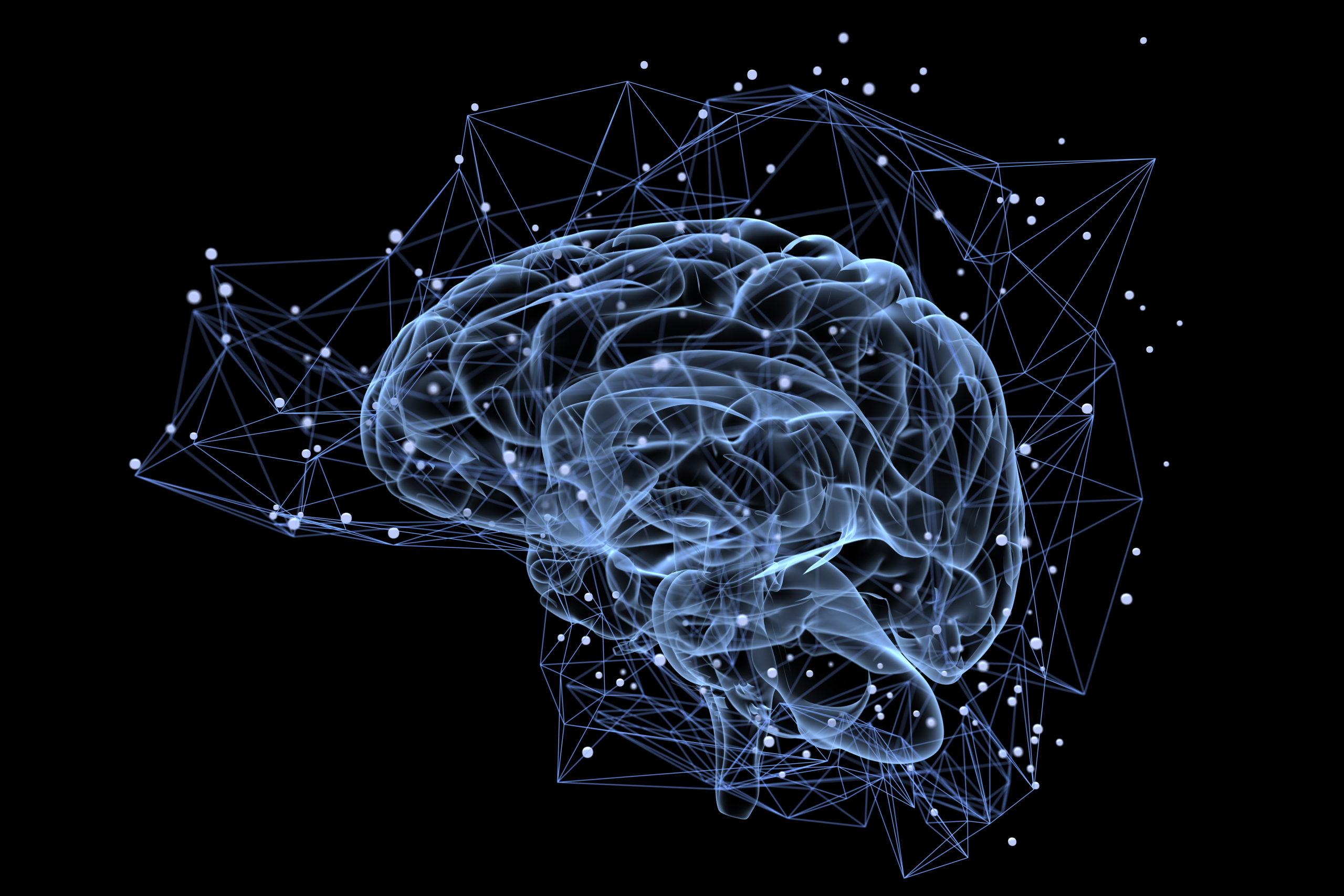Muscle memory is a term that is often used to describe the performance of a skill or task of which one has learned. The saying, “it’s just like riding a bike,” is a good example of what most people understand to be “muscle memory.” The technical term for this is called “motor learning.” Motor learning has very little to do with muscle and a whole lot to do with the nervous system. The brain is made up billions of cells called neurons that communicate using chemical messengers. When these messengers are released, they trigger a neuron to fire a signal and these signals are transmitted through the brain to be processed. When we learn something, this process is repeated over and over until it becomes more efficient. This concept is seen in part when you first begin an exercise program. The initial gains in strength have nothing to do with your muscles getting bigger, and everything to do with the neurological adaptation to the exercise.
HOW DOES IT WORK?
Fitts and Posner (1967) surmised that there are three stages of motor learning. Cognitive, associative and autonomous. The cognitive stage is where we gather information and it is associated with large initial gains with inconsistent performance. I think we can all relate to this stage. We feel good at first, followed by frustration at being inconsistent. This is where most people stop when learning a new skill. The associative stage, is where we start to put things together. The gains are smaller, and performance is fragmented. This is where we tend to be in our own head and conscious of what we are doing. The final stage is the autonomous stage. This is where we all want to be. It takes a lot of effort and practice, but it is a point where the skill becomes automatic. This concept is especially important when teaching kids. Our kids are sponges and require a steady and constant hand to help them learn. Be diligent when choosing a coach or teacher that can teach them the proper technique.
HOW CAN I USE IT?
One of my coaches used to say, “practice doesn’t make perfect, perfect practice makes perfect.” He had a point. When we are learning something, it is important to do it the right way when practicing, otherwise our brains will be wired to doing it incorrectly. The take away from muscle memory is that it requires patience, practice, and a ton of repetition to hardwire the brain to the activity. It can take years to get to the autonomous level of a skill. Living in 2018 we expect everything to happen quickly, however, we aren’t wired to learn that way. So next time you want to take up a new skill or hobby, approach it with patience and understand that it will take a lot of effort and time to get good at it. Take pride in the fact that it takes a tremendous amount of work ethic to be good at something. One of the greatest qualities of humans is that we have the ability to change ourselves.
Related articles:
Tips For Staying Safe On New Year’s Eve
Tips To Stop Procrastinating In 2021!
Try These Different Workouts For Different Fitness Goals

